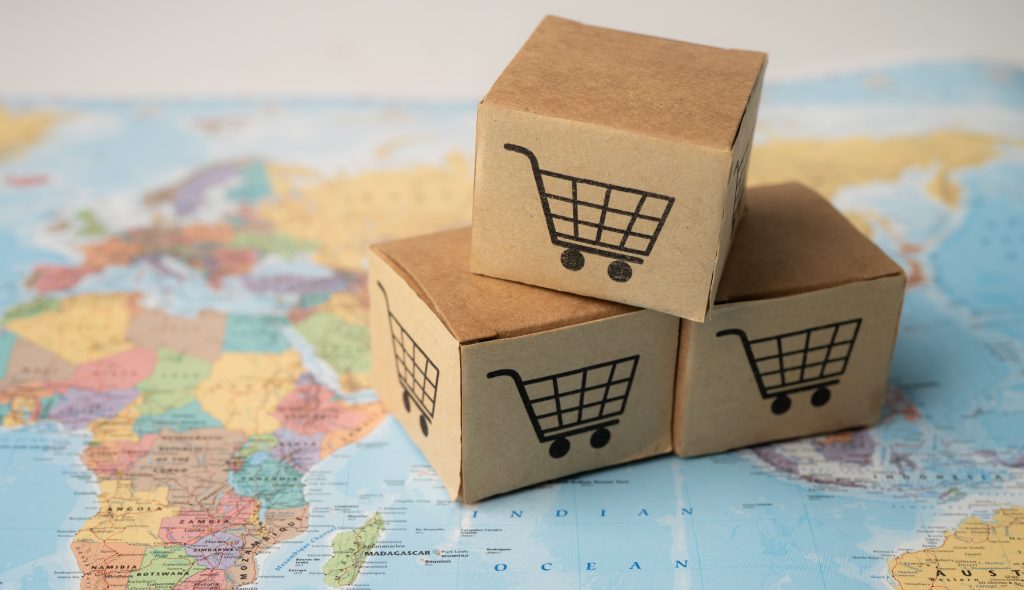We live in a complex world. One where almost 7,000 languages are spoken. Thanks to collaborative efforts and new technologies, there is no reason that language barriers need to stand in the way of scientific, medical, or cultural progress. The translation industry in particular has stepped in to help expand borders and break down barriers. Two such ways this is accomplished are through globalization and internationalization (i18n). These two terms are easily confused, but each holds an important place in the translation industry and across almost all other industries.
What is Globalization?
The term globalization has not one, but two meanings. On one hand it can refer to the globalizing economy or business activity. However, in the field of translation and localization, globalization centers around business activities that relate to marketing either a product or service in various regional markets. Globalization can take a local or regional phenomena and transform it into a global one.
The globalization process stems around bringing cultures, economies, and people from different regions closer together. This allows organizations and businesses to connect stronger with their consumers or business partners from across the globe. Consumers can benefit from globalization as much as companies can, as it can provide them access to transformational advances.
When it comes to the translation industry, globalization focuses on the product development cycle. A few examples of where globalization is applicable are:

- Date and times
- Currency
- Calendar months
- Decimal separators
- Cultural connotations
What is Internationalization?
Internationalization (also known as i18n) falls under the general umbrella of globalization, as does localization. The process of internationalization helps adapt a product to a specific market easily. Internationalization is a strategy used in business to make a product or service adaptable so that entering different national markets is more seamless.
In order to go about the internationalization process properly, subject-matter experts, technical experts, or people with a level of international experience may be called upon. In general, any products intended for use by consumers across multiple languages will undergo the internationalization process. Some areas of product development and usage that internationalization can apply are:

- Time zones
- Currency
- Addresses
- Postal codes
- Social Security and social insurance formats
- Telephone formats
- Assembly instructions
The Main Differences of Globalization vs Internationalization
When it comes to differentiating between globalization and internationalization, it is essential to remember that internationalization is covered under the umbrella of globalization. Internationalization is typically viewed as a strategy, not as a task to undertake at a later date.
Put simply, globalization is a process used by a company to bring its business to new locales, whereas internationalization refers to the act of designing a product or service in a way that makes the expansion into international markets a simpler process.
Globalization and internationalization go hand in hand. Both should be used if a business plans to expand a product to multiple national, and sometimes even regional, markets. Ideally, a business will plan for these processes before a project begins, which will allow them to design products or services that users across different cultures and languages can utilize.









